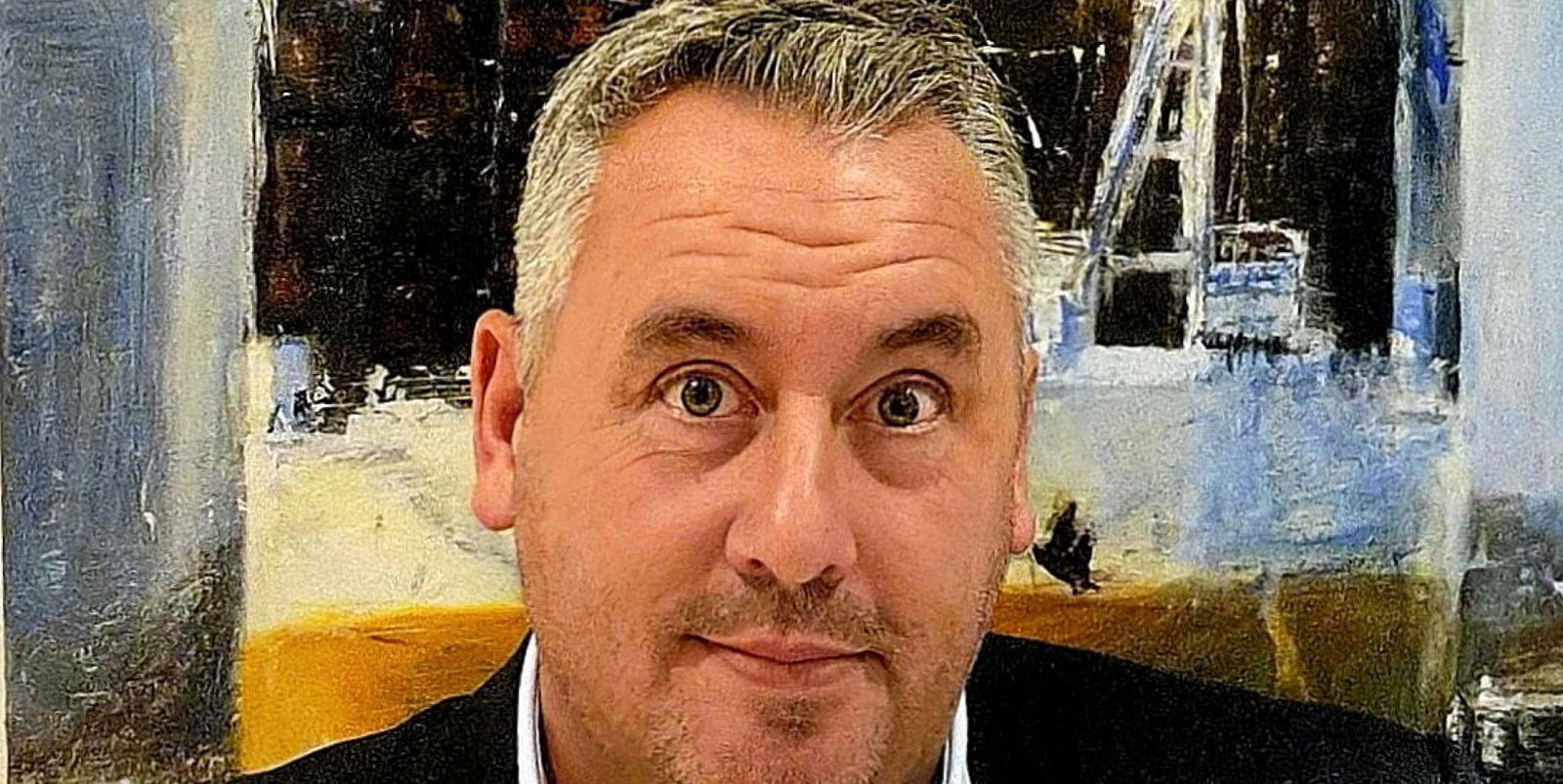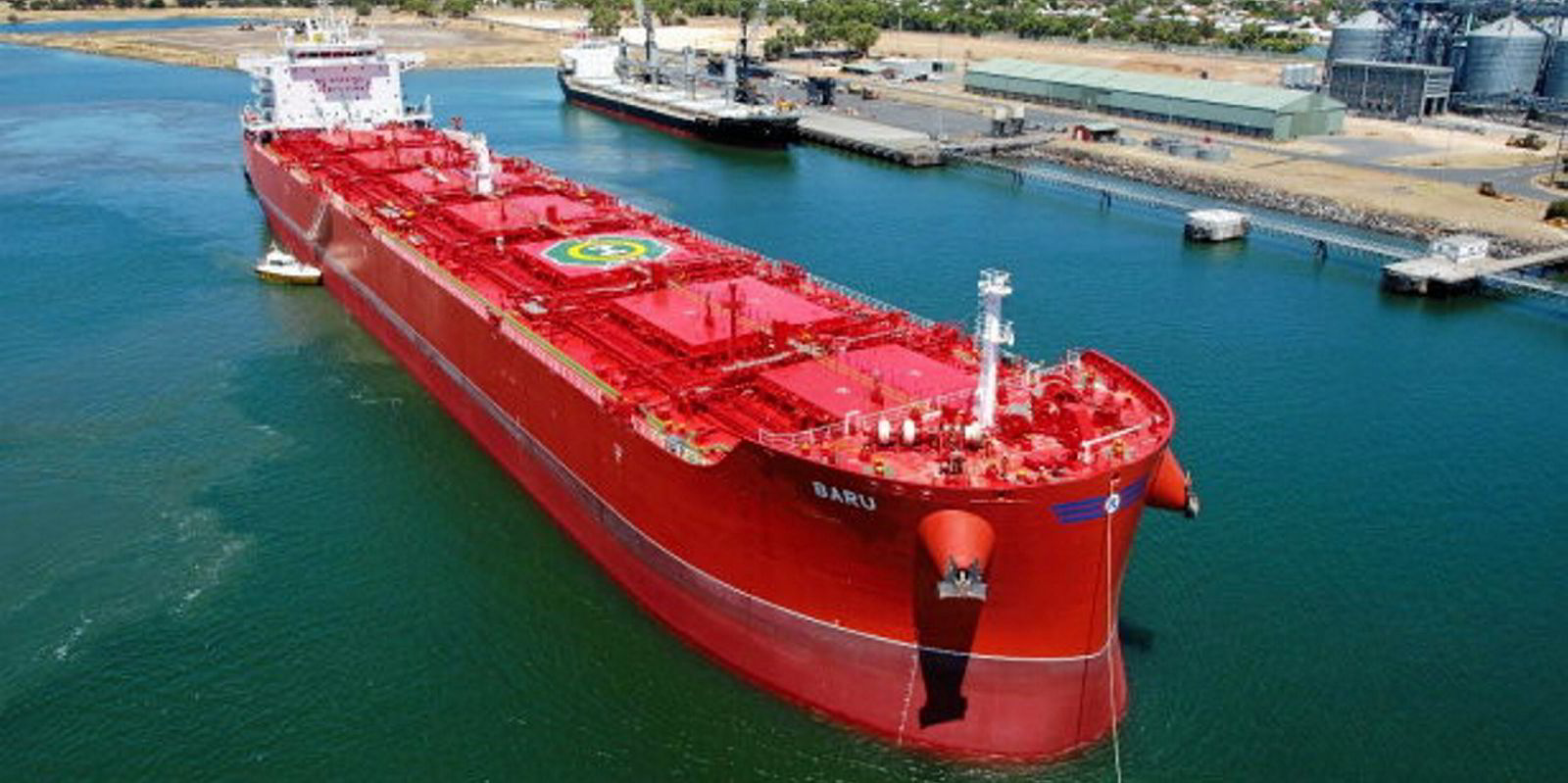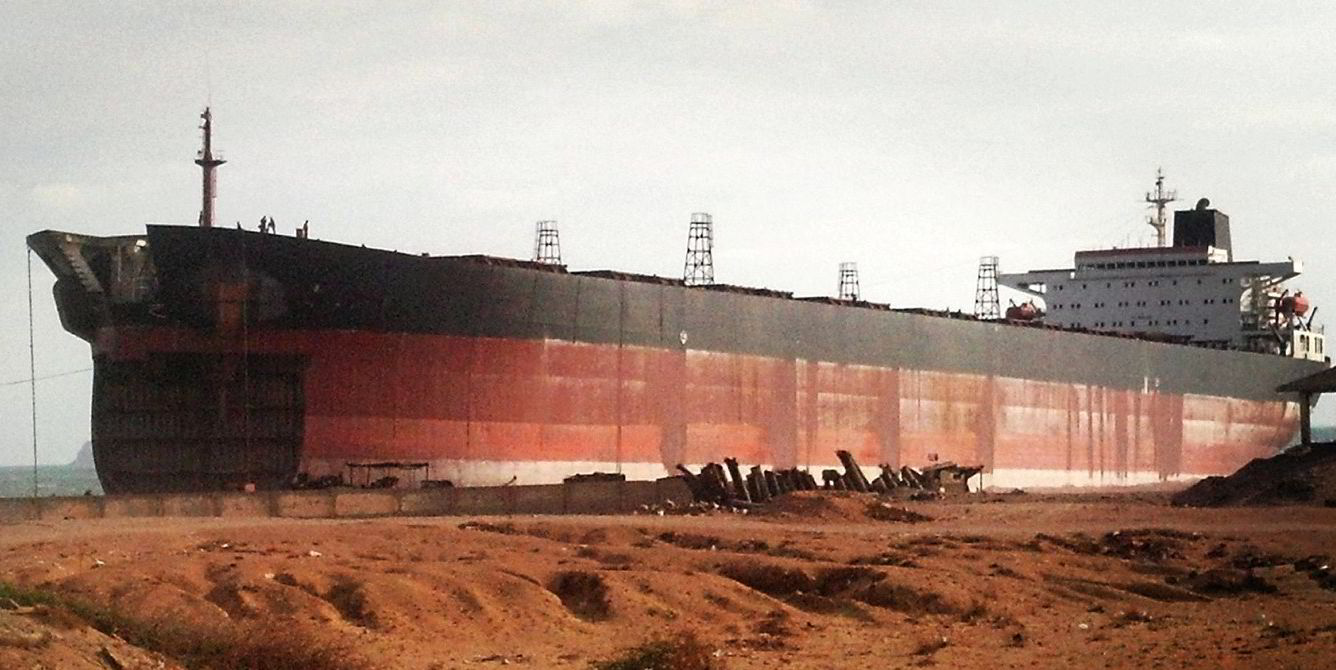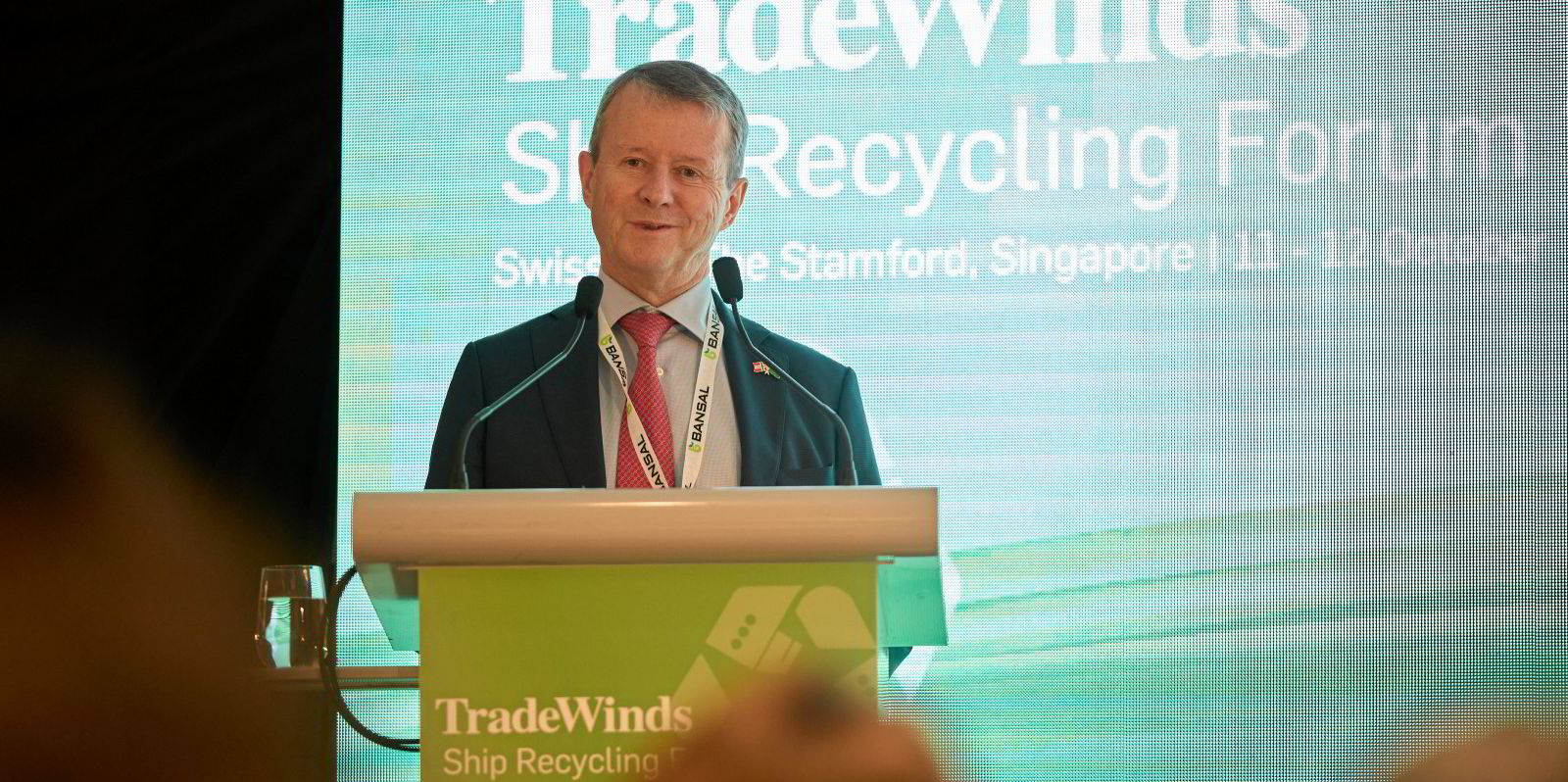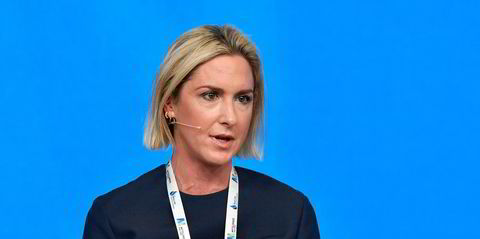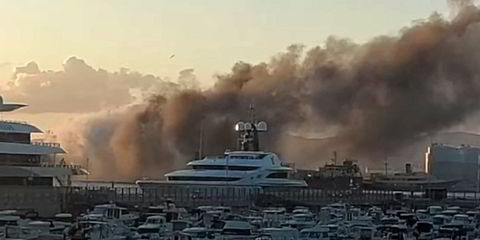Steven Jones wants to shine a light over the horizon and into the darkest parts of the shipping industry. That is two very bright metaphorical searchlights he will need.
Steven Jones is a well-known figure around the Merseyside maritime scene in the UK, and perhaps more widely known for his work on the Seafarer Happiness Index.
He has now taken the helm at the Sustainable Shipping Initiative as its new chief executive.
The SSI is the organisation behind the launch of some of the early reports on developing sustainability in the maritime sector before the S-word became such a popular one.
Formed in 2010, the SSI does not boast a huge corporate membership, just 17 organisations at the moment, having lost a number over the years, notably around the time of the Covid-19 pandemic.
It has set itself the role of being a bit more forward-thinking than many of the centres, coalitions, alliances and forums that have appeared in recent years.
Now Jones wants to see it become even more relevant than before, as it focuses on the issues that are coming over the horizon that others may not be aware of as they tackle today’s issues of decarbonisation, fuel choices and meeting European and international regulations.
He is mindful of those membership numbers. He told TradeWinds that the SSI is an organisation where the members are expected to get heavily involved in the SSI work, with meetings where participants actively engage in projects.
If it had too many members, he said there is the risk that this engagement would be diluted but, on the other hand, there is the need to extend the reach of the company and the number of organisations and therefore people it can interact with.
“The challenge of any membership organisation is the dog, the tail, the wagging,” he said, pointing to the benefits he felt the SSI had through weathering the impact of remote working and reduced resources during the pandemic.

“Covid coalesced the team and it has grown in scope and ambition, as members see the results and the trust. So now it is about maintaining the momentum and then putting a stamp on things and making it viable and valuable.
“We will look at other ways of engaging, in making sure that those members that are, very much to the fore in our organisation, have the likes of knowledge partners that they can turn to and they get the right inputs etc. It’s early days, but I think there’ll be, you know, the ways of moving those things forward.”
Shining a light
He said the role of SSI is to look further than the immediate challenges, beyond the horizon. He added that the fuel discussion and the decarbonisation debates are hugely important, but other topics are too.
SSI recently launched a report on green steel in a bid to make the industry aware of the need to be part of the movement towards circularity in steel production and use, even assessing how ship steel can be recycled and used in the industry.
The SSI is no stranger to the ship-recycling debate. It created the Ship Recycling Transparency Initiative, where shipping companies could publicly exhibit their recycling policies given the debates about vessels being sold and subsequently recycled in non-approved sites, court cases and the anger of lobby groups.
Sustainability is not only a discussion about the environment. The word is defined as having three pillars: economic, environmental and social. It is this latter one where Jones’ heart also lies.
He founded the Seafarers Happiness Index in 2015, a now annual survey of seafarer sentiment organised through the Mission to Seafarers.
The survey asks officers and crew a series of questions such as their fulfilment with work, contact with family while onboard, training, access to shore leave, wages and other indicators to help regularly benchmark general seafarer well-being.
Through the work with the Happiness Index, Jones has already been working with the SSI, and it is through these discussions he is also looking to strengthen as he gets his feet under the desk as chief executive of SSI.
Last month, the SSI and one of its members, International Human Rights and Business, held one of its ‘Seafairer’ round tables in Singapore to focus on welfare issues and working conditions for those onboard vessels, as well as the workforce in ship repair yards.
“We discussed the loss of the Raptor,” Jones said, referring to the 39-year-old Comoros-flagged cargo vessel that sank in the Aegean Sea in November with only one of the 14-strong crew found and rescued.
Stains on shipping’s consciousness
“These incidents pop up all too often while there are charterers willing and able, for whatever reasons, to charter 39-year-old vessels with long lists of detentions,” he said. “We all understand the picture these things paint, while they are willing to put their cargo on these ships, it is difficult, and these are stains on the consciousness of us all in this industry.
“All this work we do has to move into the darker corners of the industry and this is what the future has to be about,” he added, pointing to how it is one thing to talk among the good and the converted, those with exposure and willingness to work towards more transparency.
“At the moment, we always gather in these rooms with the great and good, such as the companies in COP28, and talk about innovation, the investments, and the changes they are trying to bring about but, at some point, this has to trickle down to these corners of the industry.
“This is one of the challenges we have as an industry. How do we, as the good, set about dismantling the bad?”
